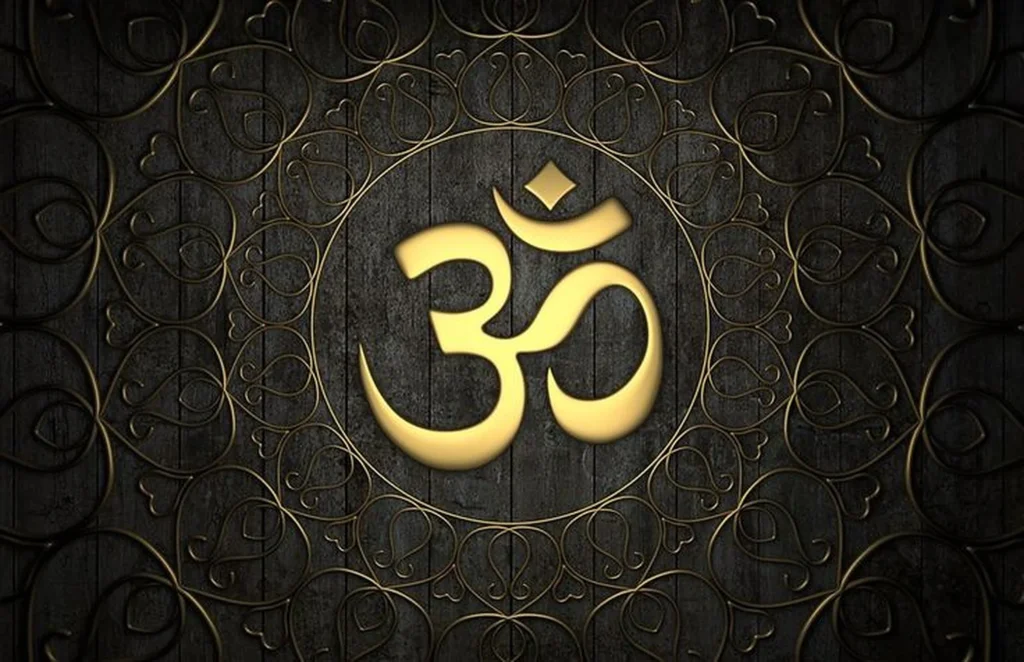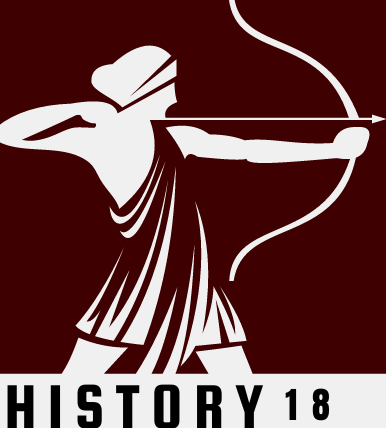The gods featuring prominently in the four Vedas are known as the Vedic gods. The Vedic people personified the natural forces and worshipped them through rituals and sacrifices described in the Vedas. According to Vedic thought, gods, human beings and the universe were created by the supreme energy called Brahman. Most of the 1028 hymns of the Rigveda, the oldest religious book in the world, refer to the ideas and deities of the Vedic religion.

7: Mitra
Often invoked alongside Varuna, Mitra is the Vedic god who guards the world. Indistinguishable from Vruna in the early Vedic texts, Mitra is invoked as the guardian of treaties, as seen in the Mittani inscription. He is one of the Adityas, the solar deities. Despite almost disappearing from the texts of post-Vedic Hinduism, Mitra was given a much more prominent role in the Iranian religion, with his worship spreading far and wide to the territories of the Roman and Egyptian civilizations.
6: Varuna
Varuna is the Vedic god who is considered the ruler of the world and enforcer of law and order. He possesses omnipresent knowledge of everything happening in the universe, protecting and controlling it per his wishes. He is a compassionate god riding a chariot pulled by seven swans and the sustainer of life on Earth by giving Vayu, rains and crops. In the early Vedic literature, Varuna was the chief deity but later lost his space to Indra and was described as the lord of water, aquatic animals and oceans.
5: Saraswati
Saraswati is the Hindu goddess of art, knowledge, music, learning and also a giver of water. She was associated with the now dried-up Saraswati River in the Vedic era and is responsible for supporting the gods and punishing those who look down upon them. Goddess Saraswati is one of the few gods from the Vedic period whose worship has persisted at a significant level in modern-day Hinduism.
4: Soma
Soma is the Vedic god of inspiration who gives the feeling of bliss to people and rids them of diseases. Soma represents the heavenly drink made by extracting the juice from a plant whose identity is now unknown. The drink features prominently in the historical Vedic religion and Zoroastrianism.
3: Rudra
Praised as the “mightiest of the mighty”, Rudra is the Vedic god associated with Shiva of the Trimurti. He is often portrayed as a terrifying god who inspires fear but also possesses the ability to heal. The hymns invoking Rudra are of immense importance to followers of Shaivite sects of Hinduism. The modern portrayal of Shiva/Rudra is considered to be the result of syncretism between several local tribal gods of Vedic and non-Vedic origin. Rudra assumed the characteristics of a single supreme god, identical to both the supreme Brahman and primordial man during the late Vedic age.
2: Agni
Agni is a Rigvedic god invoked the most in the Vedic hymns alongside Indra and Soma. The Vedic deity is considered the mouth of the gods responsible for sending the sacrifice to the gods to make the sacrificial ceremony successful. The importance of Agni as a god reduced with time and he came to represent all transformative energy. However, he is still a crucial part of the modern Hindu tradition, standing as the primary witness in Hindu weddings and havan ceremonies.
1: Indra
The most prominent and praised god in the Vedas is Indra, the ruler of Svarga and the god of thunder, storms and war. A total of 250 hymns of the Rigveda are devoted to Indra, most of all gods. Even though Indra is not worshipped much in modern-day Hinduism, he was the most invoked Vedic god during the Rigvedic era and is still invoked during the fire rituals. He is portrayed riding a white elephant called Airavata and is known for bringing victory to the gods by slaying many demons with his lightning bolt weapon called Vajrayudh.
